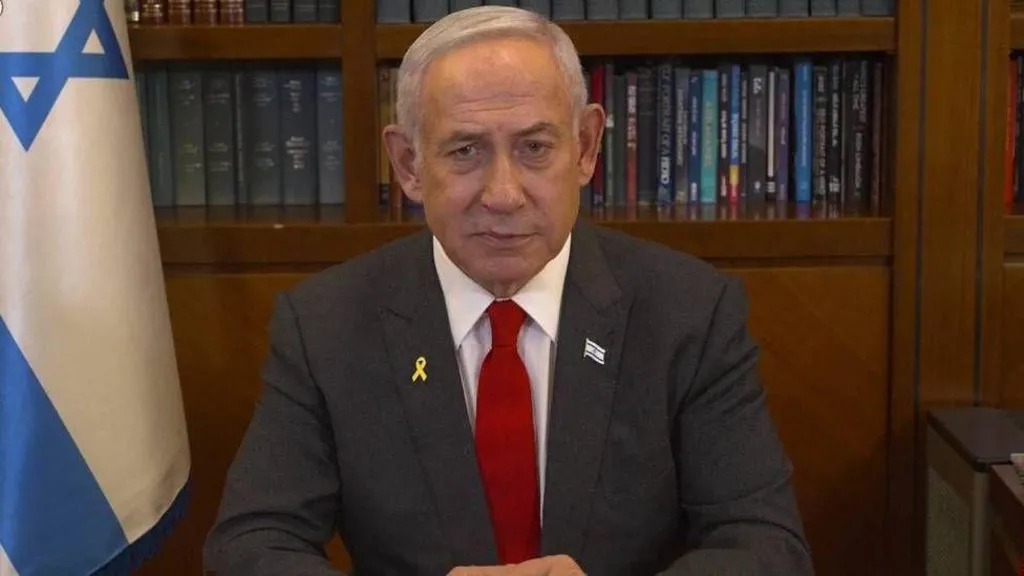
Netanyahu Issues Warning Before Gaza Ceasefire
Israeli Prime Minister Benjamin Netanyahu delivered a stark warning just hours before the temporary Gaza ceasefire was set to begin. Netanyahu emphasized that the truce was conditional, stating Israel is prepared to resume its military campaign against Hamas if the ongoing negotiations for a second phase fail.
In his televised address, Netanyahu reiterated that the ceasefire—backed by US President-elect Donald Trump—was “temporary.” He also highlighted Israel’s military successes over the past 15 months, including the assassination of Hamas leader Yahya Sinwar, declaring, “We changed the face of the Middle East.”
The ceasefire is scheduled to commence at 08:30 local time (06:30 GMT) on Sunday, marking a pivotal step in the 15-month-long conflict.
Gaza Ceasefire: Key Details
Under the agreement, Hamas will release 33 Israeli hostages in exchange for 1,890 Palestinian prisoners held in Israeli jails. The first three hostages, reportedly women, are expected to be handed over at designated reception points near the Gaza border.
However, uncertainty remains. While the initial list of hostages was leaked to Israeli media, officials say they are still awaiting the names of the three individuals to be released on Sunday.
Simultaneously, Israeli airstrikes have continued, targeting Hamas and Islamic Jihad sites in Gaza. The Hamas-run health ministry reported over 120 deaths in the past few days, with women and children among the casualties.
Future of the Ceasefire Agreement
Negotiations for the second phase of the ceasefire are scheduled to start on Day 16. This phase will aim for a permanent end to hostilities, involving the release of remaining hostages and the withdrawal of Israeli troops from Gaza.
A senior military official confirmed that the second phase would also include managing the return of displaced Palestinians to northern Gaza, with unarmed Hamas police overseeing the process. The third and final stage involves the reconstruction of Gaza and returning the remains of any remaining hostages.
Reactions and Rising Tensions
The ceasefire agreement has sparked mixed reactions in Israel. Thousands of protesters gathered in Tel Aviv, urging the government to secure the release of all hostages. Critics within the Israeli cabinet, including far-right minister Itamar Ben-Gvir, voted against the deal, calling it risky and incomplete.
Meanwhile, Palestinians in Gaza continue to suffer. Since the ceasefire announcement, strikes have killed 123 people, including children. The destruction and displacement in Gaza are immense, with most of its 2.3 million residents living in dire conditions amid shortages of food, fuel, and medicine.
External Link:
Learn more about the unfolding events on BBC News
Internal Link:
Explore related articles on our website: Middle East Updates





